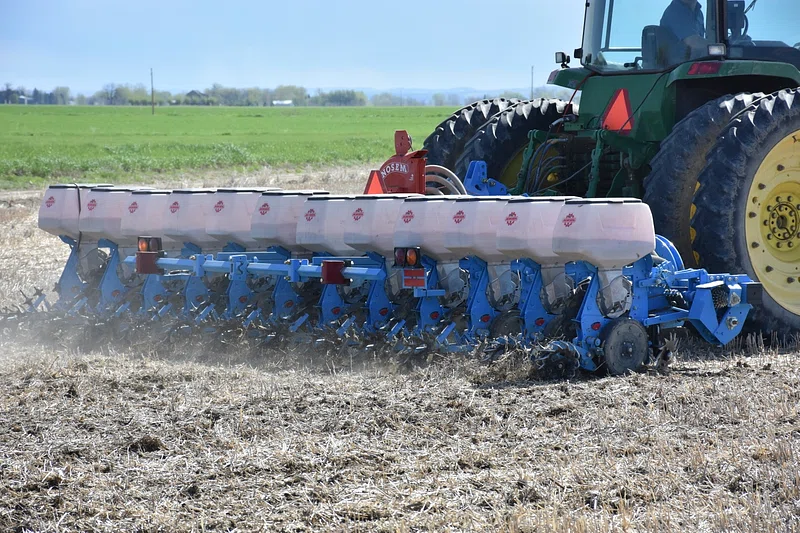In the world of American farming, where margins are razor-thin and every dollar counts, the seed market has long been dominated by a handful of big players. But things are changing, and it’s time we push for more alternative seed companies to step up. These independents could offer farmers real choices, lower costs, and a shot at better profitability. Let’s dive into why this matters now more than ever, especially with the rise of generic seeds.
Think back to about a decade ago. The patents on the first Roundup Ready soybean seeds expired in 2014, opening the door for generic versions to hit the market. This was a game-changer. Roundup Ready technology, which made crops resistant to glyphosate herbicides, had been a staple for years. But once those patents lapsed, it meant anyone could produce and sell seeds with that trait without paying royalties to the original developer. Suddenly, generic seeds became a viable option, much like how generic drugs flood the pharmacy shelves after a blockbuster patent runs out.
And just like in the pharmaceutical industry, these generics can deliver the same punch at a much lower price. In pharma, a generic version of a drug might cost 80% less while working exactly the same. The same logic applies to seeds. Farmers get the herbicide tolerance or insect resistance they need without the premium price tag attached to branded products. This isn’t just theory. Off-patent GM seeds have shown they can cut costs while maintaining yields, helping farmers battle rising input expenses. With commodity prices fluctuating and weather throwing curveballs, these savings could be the difference between breaking even and turning a profit.
Take companies like Unbranded Seed as an example. At their core, they’re all about stripping away the fluff and focusing on what matters: quality seeds that perform without the high markup. They promise fair pricing to help farmers actually make a living, ditching the gimmicks and hype that big corporations often rely on. Instead of bundling seeds with expensive tech packages or loyalty programs, they keep it simple. This approach lets farmers buy what they need without feeling locked into a system. More companies like this could shake up the market, giving growers options that fit their operations rather than one-size-fits-all solutions from the giants.
Now, let’s talk numbers, because farming is a business at the end of the day. U.S. farmers shelled out a whopping $27.3 billion on seeds and plants in 2023 alone, making up about 5.7% of total farm expenditures. That’s no small chunk. When you factor in other inputs like fertilizer, fuel, and equipment, it’s easy to see why profitability is such a struggle. For corn and soybeans, the big cash crops, production costs per acre can easily top $800 for corn and $600 for soybeans, with seeds being a major slice of that pie. In a year where grain prices dip, those high seed bills eat into margins fast. Many farmers I talk to say they’re barely scraping by, and that’s with optimizing every other part of their operation.
More alternative seed companies could help flip this script. By offering generic or off-brand options, they’d drive competition, potentially lowering prices across the board. Farmers could experiment with different traits or hybrids without breaking the bank, adapting better to their local soil and climate. Plus, it would encourage innovation beyond the big firms, maybe even leading to new varieties tailored for regenerative practices.
But here’s a word of caution for any farmer reading this: not all alternatives are created equal. You have to vet these companies thoroughly. Check their seed quality, germination rates, and trial data. Look for certifications and talk to other growers who’ve used their products. The last thing you want is subpar seeds that lead to poor yields or weed issues down the line. Do your homework to ensure you’re getting reliable genetics that stand up to the demands of modern farming.
In the end, American agriculture thrives when farmers have choices. The expiration of those early GM patents was a wake-up call, showing us the power of generics to level the playing field. With more companies like Unbranded Seed entering the fray, we could see a healthier, more competitive seed market. It’s time to support these alternatives and give farmers the tools they need to succeed. After all, a strong seed sector means a stronger food system for everyone.


